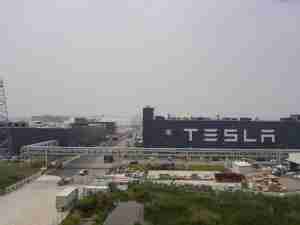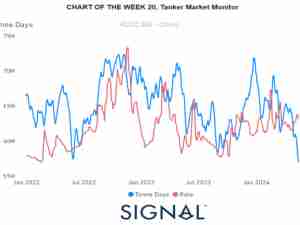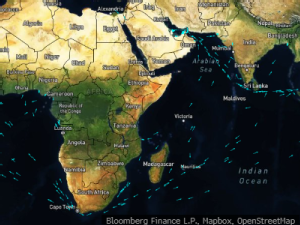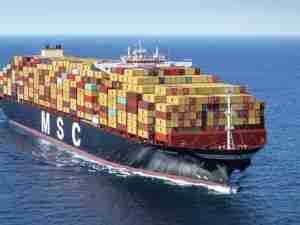A.P. Moller-Maersk A/S expects that the shipping industry this quarter will spend 15% to 20% of its Asia-to-Europe vessel capacity on sailing south of Africa to avoid the Red Sea.
The effects of the conflict in the region “are widening,” the Copenhagen-based shipping company told its clients in an advisory on Monday, echoing the comments it made in its earnings report last week.

The world’s supply lines have since mid-November been affected by Houthi militant attacks in the Red Sea, which have cut container line transits through the key Suez canal waterway by about 80%, according to Bloomberg Intelligence estimates. Maersk, which was the victim of attacks before it re-routed its entire fleet in January, said last week it expects the conflict to last until at least into the second half of the year, and possibly all of 2024.
Container spot rates for shipments from China to the eastern Mediterranean rose 3% last week, the most since the middle of January, indicating capacity shortages could be dragging on longer than expected.
Maersk told its clients on Monday that it is using about 40% more fuel per journey when sailing south of Africa and that charter rates are currently three times higher than normal, often fixed for as long as five years. The shipping giant has also leased more than 125,000 additional containers to ease logistics constraints, it said.











